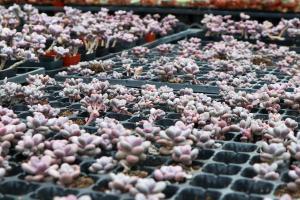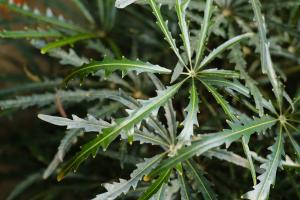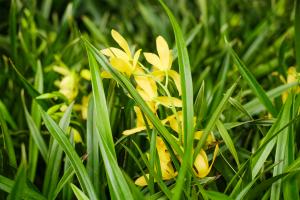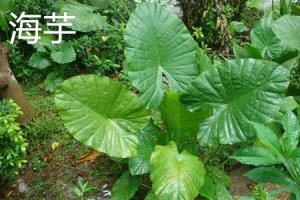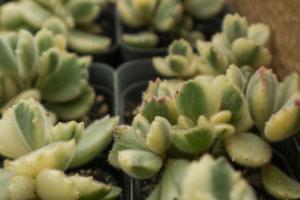Introduction
Arborvitaes are commonly used as a decorative plant for landscaping. They are hardy trees that can withstand cold temperatures, making them a popular choice for fall planting. However, many gardeners are unsure whether they should continue to water their arborvitaes during the winter months. In this article, we will explore the topic of whether you should water fall-planted arborvitaes during the winter.
Understanding Arborvitaes
Arborvitaes are a type of evergreen tree that belongs to the cypress family. They are known for their narrow, conical shape and their ability to grow in a variety of soil types. Arborvitaes are hardy trees that can survive in temperatures as low as -40°F. They are also drought tolerant and can go for long periods without water.
Should You Water Fall-Planted Arborvitaes During the Winter?
The short answer is no, you should not water fall-planted arborvitaes during the winter. Arborvitaes are dormant during the winter months, which means they are not actively growing. Watering them during this time can cause water to accumulate in the soil, which can lead to root rot and other fungal diseases.
How to Monitor Arborvitaes During the Winter Months
While you should not water your arborvitaes during the winter months, you should still monitor their health. Here are some things to look for:
- Discoloration: If the needles on your arborvitae turn brown or yellow, it could be a sign of drought stress or a fungal disease.
- Wilting: If the branches on your arborvitae start to wilt or droop, it could be a sign of a pest infestation or a fungal disease.
- Cracks in the bark: If you notice cracks in the bark of your arborvitae, it could be a sign of frost damage.
If you notice any of these symptoms, you should contact a professional arborist to assess the health of your tree.
How to Water Arborvitaes
During the growing season, arborvitaes should be watered deeply once a week. The soil should be moist but not waterlogged. When watering, make sure to water the entire root zone, which extends out to the drip line of the tree.
If your arborvitaes were planted in the fall, make sure to water them regularly until the ground freezes. This will help them establish their roots before winter arrives.
Conclusion
In conclusion, you should not water fall-planted arborvitaes during the winter months. While these trees are hardy and can withstand cold temperatures, watering them during the winter can cause water to accumulate in the soil, which can lead to root rot and other fungal diseases. However, it is important to monitor their health during the winter months and contact a professional if you notice any issues. During the growing season, make sure to water your arborvitaes deeply once a week to ensure their health and vitality.

 how many times do yo...
how many times do yo... how many planted tre...
how many planted tre... how many pine trees ...
how many pine trees ... how many pecan trees...
how many pecan trees... how many plants comp...
how many plants comp... how many plants can ...
how many plants can ... how many plants and ...
how many plants and ... how many pepper plan...
how many pepper plan...